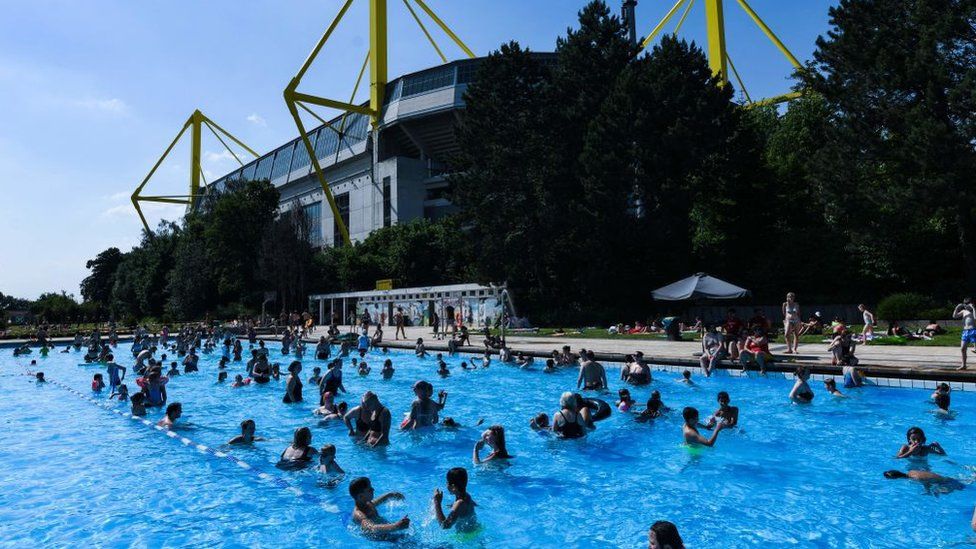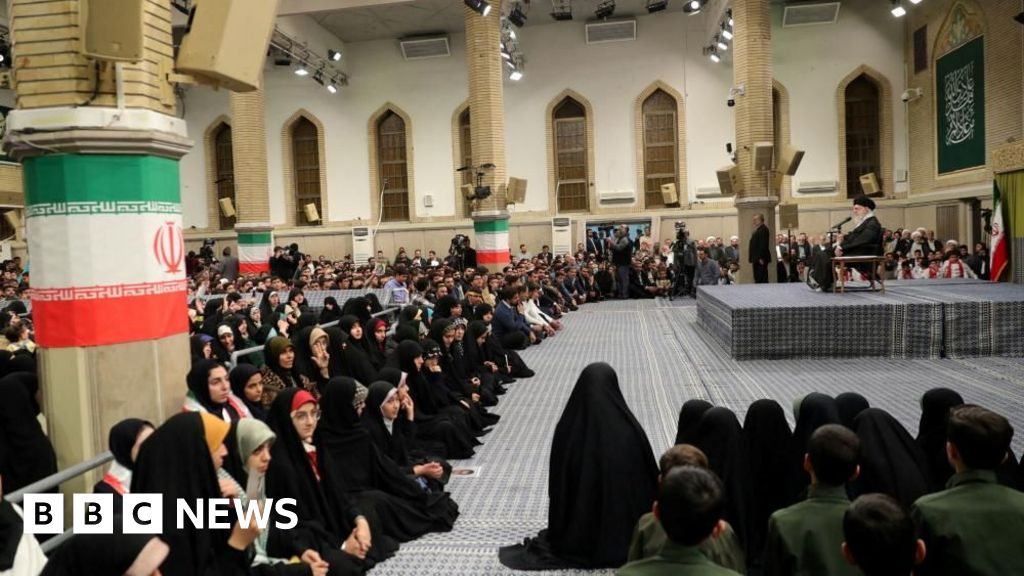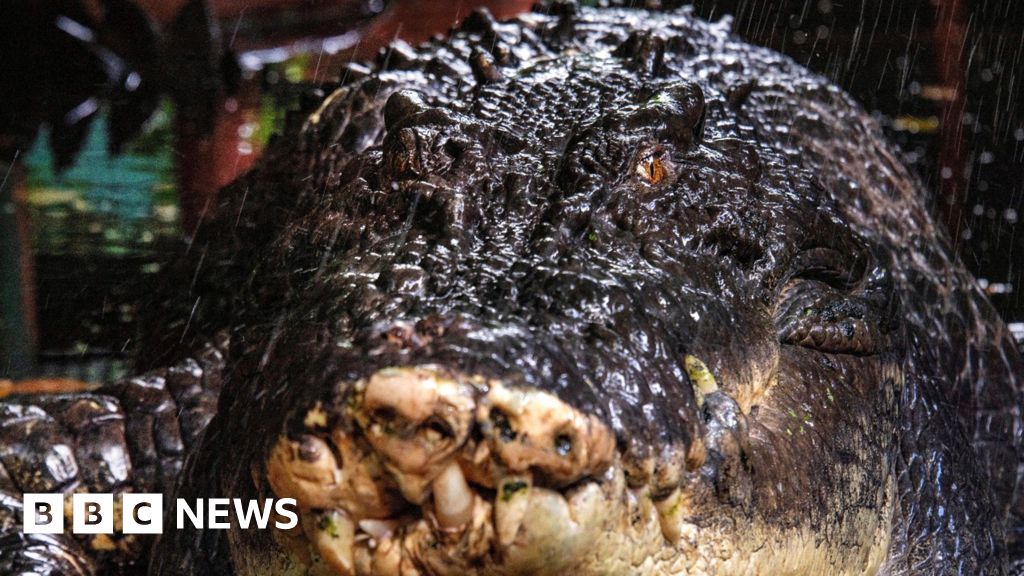ARTICLE AD BOX
 Image source, AFP
Image source, AFP
Incidents of violence threaten the ideal of affordable socialising behind state-supported open-air pools
By Damien McGuinness
BBC News, Berlín
A spate of mass brawls in German outdoor swimming pools has led to calls for better security at the popular summer bathing spots.
As temperatures soar across the country, many people traditionally head for their local municipal outdoor swimming pool.
But over the last few years the start of summer has also been plagued by headlines of violence and mass brawls at open-air pools.
And this summer is no different.
A number of incidents have been reported in the last week alone.
On Wednesday evening dozens of police officers cleared and shut down an outdoor swimming pool in the Berlin district of Neukölln after a fight broke out at the slide.
On Monday another in the district of Pankow was closed by police after a dispute between two young people and two pool lifeguards descended into a mass brawl involving around 30 people.
And over the weekend there were injuries after a fight involving more than 40 people at a pool in the south-western German city of Mannheim. A 24-year-old man reportedly suffered knife injuries.
There are no official figures indicating whether violence at open-air municipal swimming pools is on the rise.
Pool operators in Berlin say that these are isolated headline-grabbing incidents that don't reflect the experience of millions of people who attend the thousands of state-run outdoor pools across Germany.
But police officials say they are concerned.
"The ability to resolve conflicts respectfully and without violence has reduced," Jochen Kopelke, the head of Germany's largest police trade union, told the German RND newspaper group.
The media debate is full of theories about what's behind brawls in outdoor pools.
A combination of heat, alcohol and crowds of half-naked young people is a recipe for the occasional scrap, say some.
Some of the comments, blaming "social hotspots" or so-called "clans", appear tinged with racism: both are code words for immigrant groups.
But pool operators point to a broader change in Germany's traditional open-air pool culture in some cities, reporting increasing aggression and a lack of respect for pool lifeguards.
Police officials are calling on pool operators and lifeguards to work together with police on a joint strategy to step in quickly before conflicts escalate.
Suggestions include private security guards enforcing tougher rules at the door and in the pool, to stop fights before they happen.
Traditionally there are few places with such a broad mix of ages and social groups as the state-supported German "Freibad", or "free pool" as open-air pools are called in German - a post-1945 German ideal of social equality, health and affordable outdoor socialising.
Overseeing this mix, to make sure the pools didn't get too free, would be the authoritarian "Bademeister" or "bathing master", as pool staff were colloquially called.
But German society today is less hierarchical than ever. So, in Berlin, the "Bademeister" already relies on security guards to keep the peace.

 1 year ago
21
1 year ago
21








 English (US)
English (US)